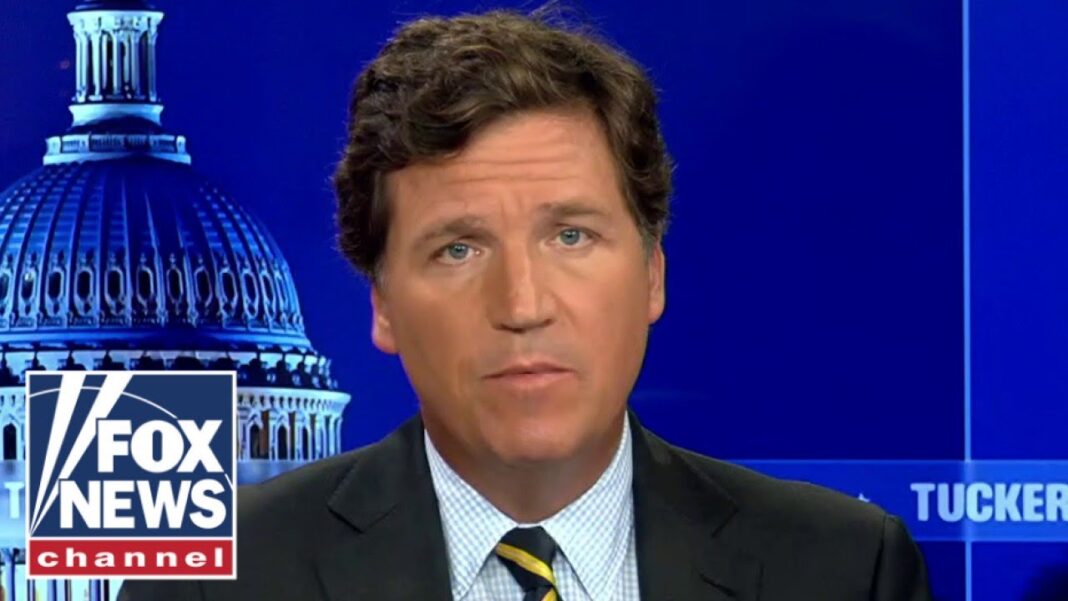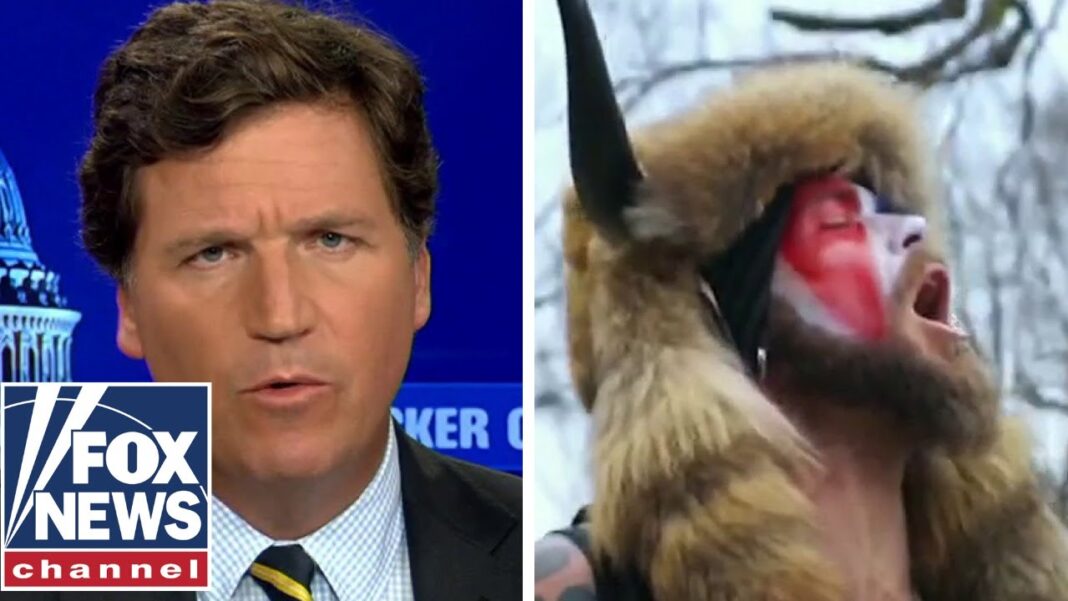
For many years, the District of Columbia “enjoyed” the dubious distinction of being the “Murder Capital of America.”
Who can forget President George H.W. Bush appearing on national television in 1989 holding a bag of crack cocaine purchased steps from the White House? It was a dramatic way to highlight just how crime-ridden D.C.—and many other cities around the country—had become.
In the 1990s, the District of Columbia, helped by a financial bailout from the federal government, pushed back against the criminals who were making our nation’s capital uninhabitable for everyday citizens.
How? By using the tried-and-true strategy of putting more officers on the streets, empowering them to do their jobs, prosecuting offenders, and seeking appropriate sentences for those convicted of crimes.
It made a world of difference.
In 1991, the District set a record with 482 homicide victims. That was a tragically high 80.6 homicides per 100,000 residents. By 2012, the District had successfully lowered the rate to 13.9 per 100,000, with a relatively low 88 homicides for the year.
Unfortunately, the District’s local leaders forgot how fragile public safety can be. In the wake of George Floyd’s death in Minneapolis in May 2020, they enacted a series of radical “reforms.”
In July 2020, the D.C. Council cut $15 million from the local police force’s budget as part of “grappling with the undoing of centuries of layered systemic racism and its permutations throughout our society.” The cut was even more severe than it looks. It lowered the police budget baseline to the point that the D.C. Metropolitan Police Department started its 2021 fiscal year (on Oct. 1, 2020) with $33 million less than the previous year.
Charles Allen, the D.C. Council member who spearheaded the effort, candidly acknowledged that his “strategy is to reduce our [police] force size in a responsible way by turning off the spigot, plus adding in natural attrition … .”
Allen anticipated that with his budget cuts, “force numbers will start to drop by about 200 officers … .” He proudly proclaimed, “This is the biggest reduction to MPD I’ve ever seen—but I know racial justice won’t be achieved in a single budget.” But what does so-called racial justice have to do with keeping people safe?
When the District experienced its low homicide rate in 2012, it had about 4,000 sworn officers—and had about that number for several years before that. When the D.C. Council cut the police budget, the District had about 3,800 sworn officers.
By the end of fiscal year 2021, the D.C. Metropolitan Police Department had only 3,580 officers. A year later, that number had dropped to 3,460. And it’s still falling today.
D.C. Police Chief Robert Contee III notes that that’s the fewest officers his department has employed since the 1970s. He estimates it will take at least a decade to restore staffing levels to where they need to be.
The result? In 2021, for the first time since 2003, the District suffered more than 200 homicides in a single year (226). Last year, homicides topped the 200 mark again (203).
Other crimes have been increasing, too.
Right now, about 18 vehicles are stolen each day in the District. That’s a 113% increase from this time last year.
Carjackings in D.C. have risen for five straight years. In 2018, there were 148 carjackings. Last year, the total was 485. That’s more than one carjacking every day.
There’s also a general sense that juvenile offenders aren’t being held accountable for their crimes—even violent ones. One local community member said, “ … the justice system in D.C. lets youths carjack people at gunpoint, get arrested by police, and be released by a judge the same day.”
Between 2010 and 2016, at least 120 juvenile criminals who got a “second chance” by being prosecuted under the Youth Rehabilitation Law have gone on to be charged with murder. The rehab apparently didn’t work.
So, what better time to pass—over strenuous objections by its chief of police, the U.S. Attorney’s Office for D.C. (which prosecutes most local felony crimes), and D.C.’s mayor—a radical rewrite of D.C.’s criminal code that eliminates most mandatory-minimum sentences (except for first-degree murder, which it keeps but with a lower mandatory minimum), and lowers penalties for most other offenses, including carjacking.
Yet, that’s exactly what the D.C. Council did. It’s no wonder that the U.S. House of Representatives stepped in, exercised its constitutional responsibility to oversee affairs in our nation’s capital, and, with bipartisan support, voted to stop this radical rewrite from becoming law.
The U.S. Senate is expected to do the same—even though the D.C. Council tried to withdraw the bill at the last minute to avoid a humiliating bipartisan rebuke.
The Framers of our Constitution wanted to make sure that our nation’s capital—and those who visit and work there doing our nation’s business—wouldn’t be held hostage by the whims of a few local legislators.
Even President Joe Biden tacitly recognized that fact when he said he would sign Congress’ override of D.C.’s radical criminal code rewrite.
After all, D.C. is not just another city. It’s our nation’s capital. When Americans visit, they should be able to see their elected representatives and enjoy cherry blossom viewing without worrying about being mugged for their winter coats, pistol whipped for their AirPods, or carjacked while unloading their suitcases.
Members of Congress and foreign diplomats deserve to be free from crime, too, as they conduct business in our nation’s capital.
We know what works to reduce crime. Unfortunately, D.C.’s local leaders have chosen to ignore it. Fortunately, some members of Congress have not.
By Zach Smith and Cully Stimson







